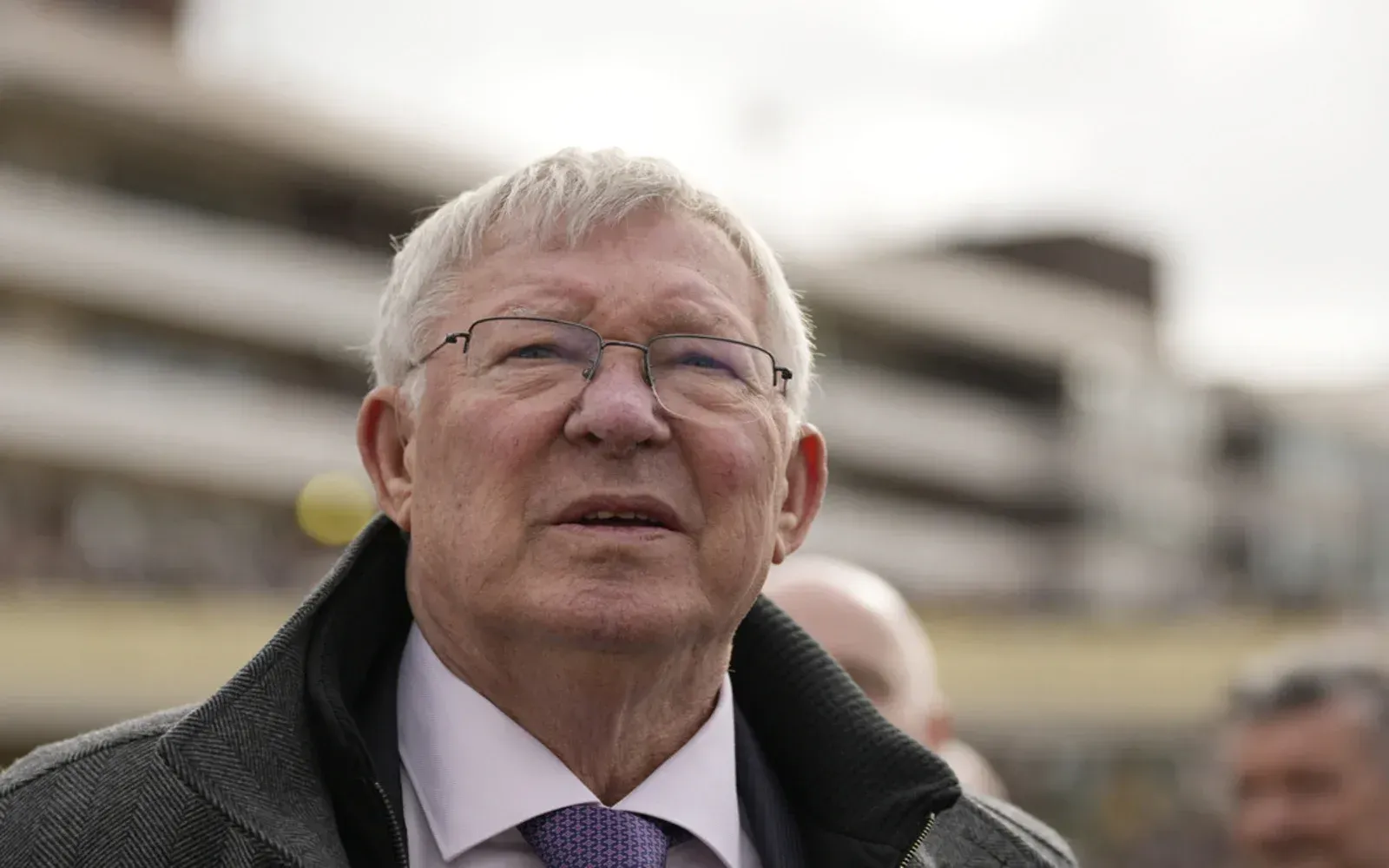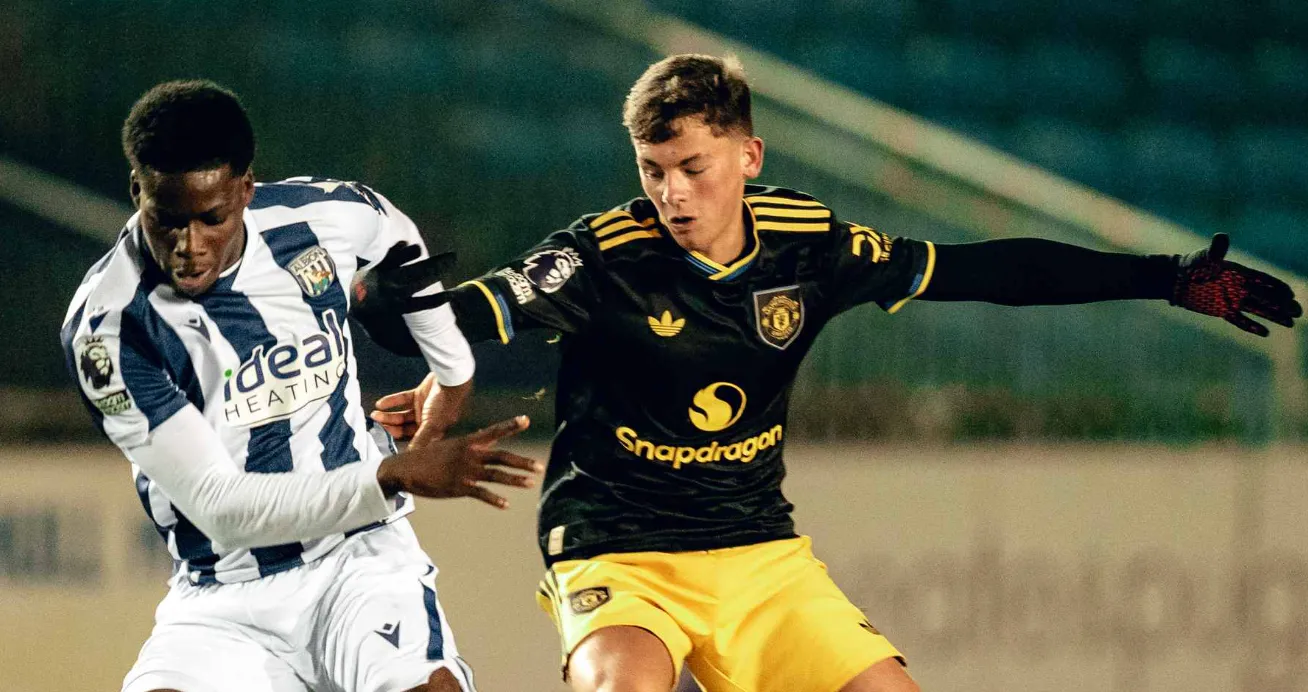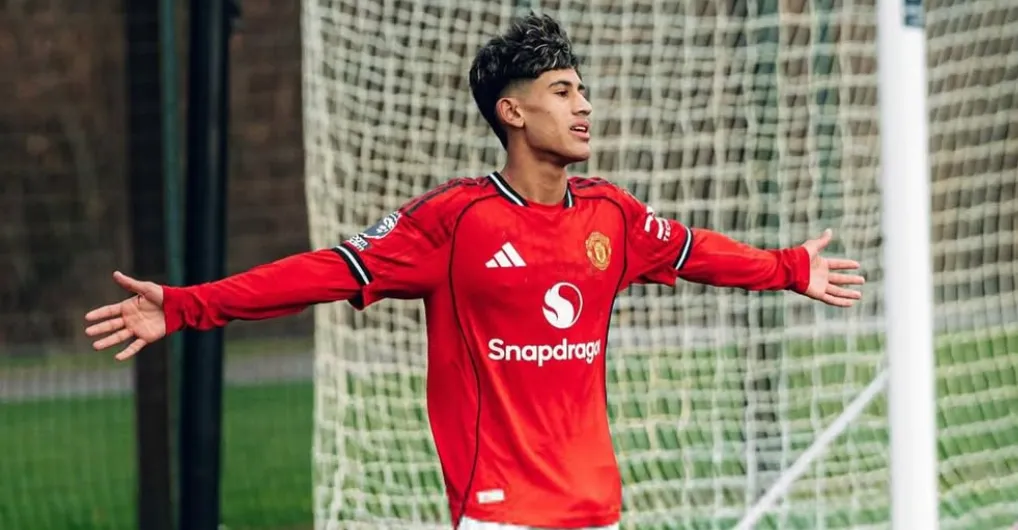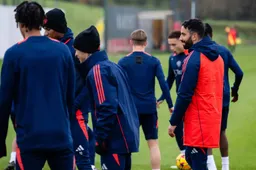Man Utd CEO says 'versatility' key as he outlines new transfer strategy
NewsWednesday, 12 March 2025 at 10:43
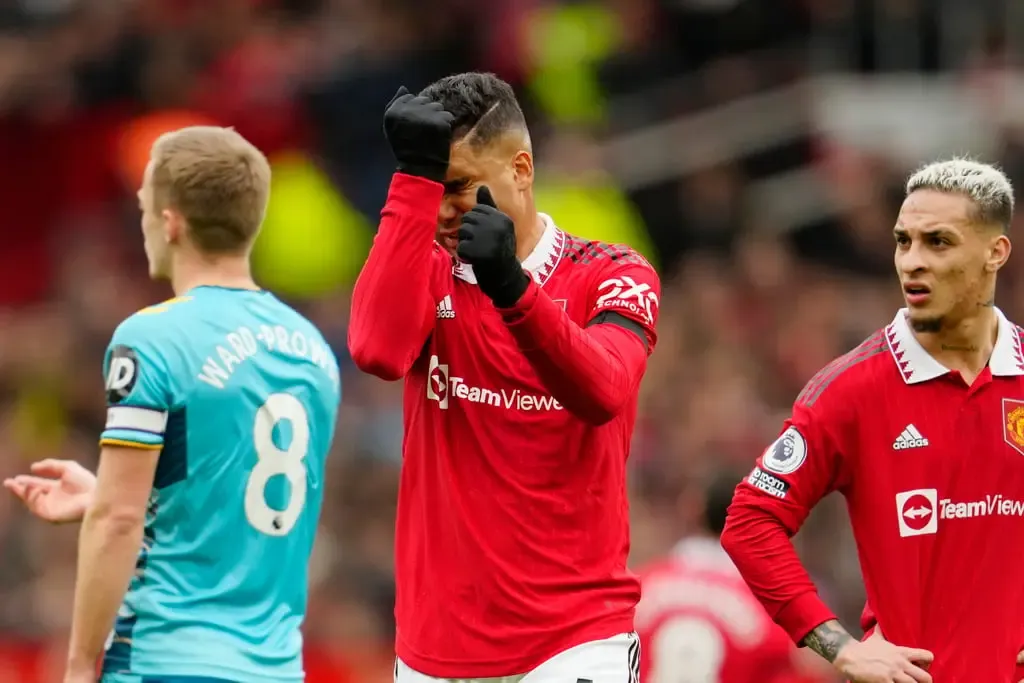
Manchester United’s chief executive Omar Berrada says the priority is a squad with "versatility" with a focus on the future.
Speaking at a launch event in London on Tuesday, alongside chief operating officer Collette Roche, Berrada detailed how this approach aims to “future-proof” the club, as it navigates financial constraints and the ambitious £2 billion new stadium project.
Berrada stressed that United’s previous transfer policy—signing players to fit a specific manager’s tactical demands—has been a “mistake” that led to squad imbalances and financial inefficiencies.
“Historically, we’ve seen instances where players were signed for a particular coach, and when that coach leaves, the players don’t fit the new system,” he explained.
Read also
This practice, he argued, contributed to the club’s current challenges, including a squad burdened by high earners like Casemiro, who are difficult to offload, and a lack of cohesion on the pitch, evidenced by United’s 14th-place standing in the Premier League with only 34 points after 27 games.
Under Amorim, who officially took charge in November 2024, United are now focusing on recruiting “versatile” players who can adapt to multiple systems, ensuring the squad remains functional regardless of future managerial changes.
Berrada highlighted the summer signing of Manuel Ugarte as an exception to this new strategy, noting, “Ugarte was signed specifically for Amorim’s system, but that’s a sign of things to come under Ineos—we won’t repeat that approach.”
Read also
Instead, the club aims to prioritize players who offer flexibility, reducing the risk of being left with “square pegs in round holes” when coaching regimes shift. This shift, Berrada claimed, will help United avoid the pitfalls of past transfer windows, where signings like Jadon Sancho and Antony, now out on loan, have failed to deliver value for money.
Berrada also addressed the financial implications of this strategy, particularly in light of the club’s precarious fiscal position, as highlighted by Sir Jim Ratcliffe’s warning that United would have been “bust by Christmas” without cost-cutting measures.
He acknowledged the potential absence of European football next season—United’s second such absence in 35 years if they fail to win the Europa League or qualify for the Champions League—as a revenue challenge but insisted it would not derail the transfer plans.
“There’s no doubt that qualifying for the Champions League would give us more revenues and capacity to invest, but we’re looking at various ways to ensure we remain competitive, even while building the new stadium,” Berrada said, referencing posts found on X that echoed his ambition to shorten construction timelines to within five years.
A key component of the new strategy, according to Berrada, is an increased investment in data analytics, which he described as “at the top of our list” for improvement. This echoes Ratcliffe’s earlier comments on the need for better recruitment processes, suggesting a move towards a more data-driven approach to identify versatile, high-potential players.
However, Berrada was quick to defend Amorim’s appointment, despite the team’s ongoing struggles, insisting it was not a “risk” but a calculated move. “It’s riskier to have a coach without a clear idea of how he wants to play,” he argued, praising Amorim’s commitment to his 3-4-3 system, even in the face of adversity, as a sign of courage and vision.
Loading

